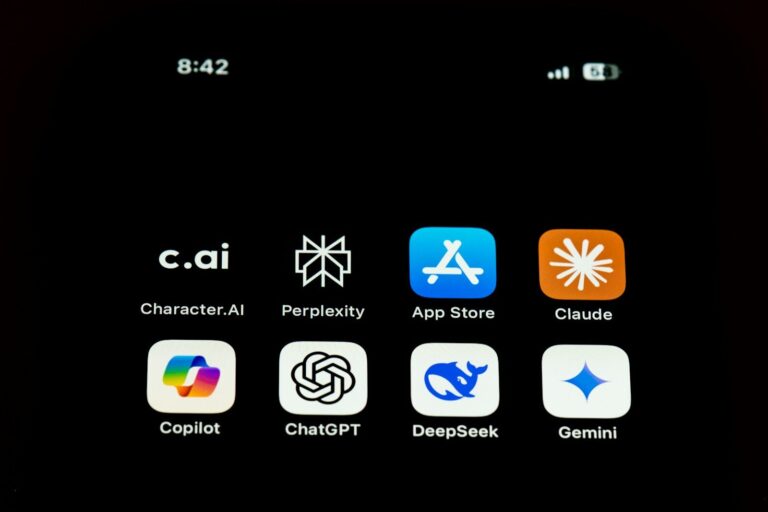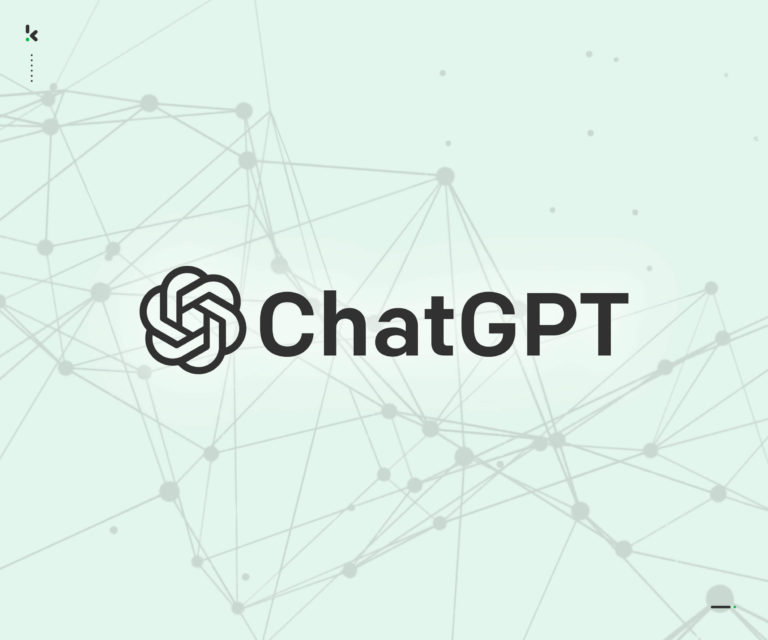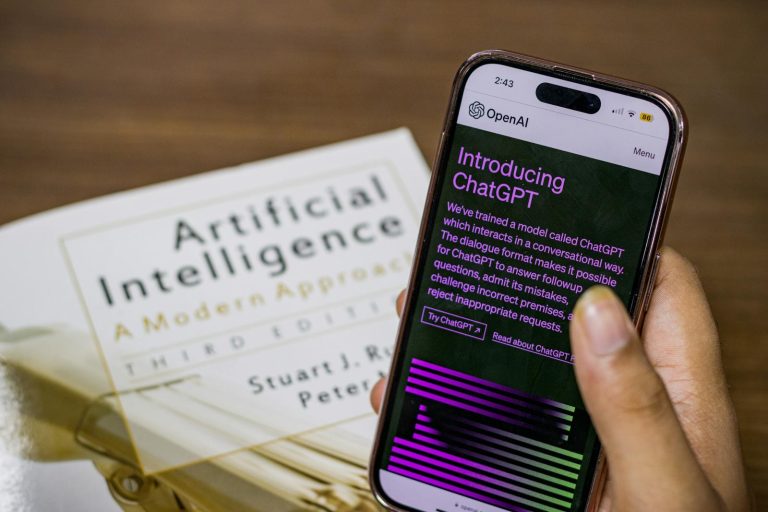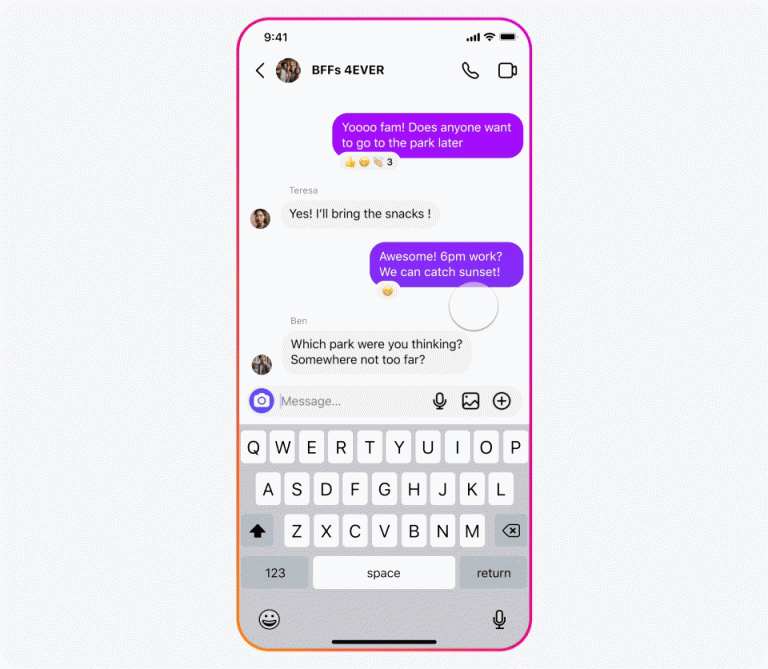OpenAI enhances ChatGPT’s web search tool, making it capable of handling more complex queries
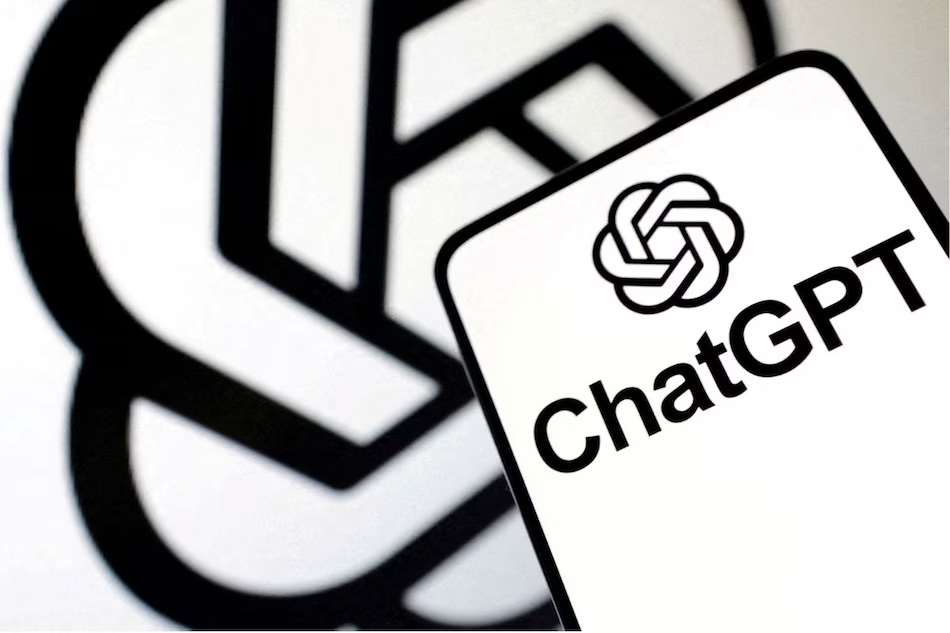
OpenAI quietly improved ChatGPT’s online search responses last week. The San Francisco-based artificial intelligence (AI) startup has increased its response quality as well as its ability to follow instructions. Additionally, the web search tool is capable of handling lengthier and more complicated queries. Image-based web searches have seen another fascinating advance. According to OpenAI, the chatbot can now take an image of an object and search for information on publicly available websites. Notably, last week, the company expanded ChatGPT’s Projects function and made Canvas available for download.
ChatGPT’s Web Search Is Upgraded
The AI behemoth cited a number of online search enhancements that users may now enjoy in its changelog, which was published on June 13. Since making its native search engine available to all users in October 2024, OpenAI has continuously expanded both its functionality and its rate cap.
With the most recent update, ChatGPT’s online search will give users access to more current and thorough information. The caliber of responses was one area of special attention. According to the firm, the web search engine can now better comprehend the purpose of a user’s inquiry and adjust its results accordingly. Additionally, ChatGPT can handle extended conversational contexts, meaning it can figure out what the user wants from the interaction that led up to the query, even if the direct prompt fails to capture it.
The latter is the outcome of the company’s recent implementation of an enhanced memory function. Projects is the most recent example of how OpenAI has been incorporating this functionality into various ChatGPT functionalities. ChatGPT projects are now able to bring up previous projects during discussions.
In addition, web search has improved its ability to follow directions. Longer discussions will make this more noticeable because the chatbot may now focus the query on the user’s words. According to OpenAI, this will cut down on repetitious responses.
The feature’s capacity to perform numerous searches for a single query is another intriguing improvement. Now, if needed, the chatbot may also conduct searches for other subjects to extract more information.
Lastly, ChatGPT may now do web searches using a user-uploaded image. Employees of Gadgets 360 tried the feature, and it successfully recognized the object in the picture and provided a response to the question that was put to the image.
Additionally, OpenAI outlined the feature’s present drawbacks and problems. Users may currently have to wait longer for the response to be generated. Furthermore, for even basic requests, the AI may choose transparent chain-of-thought (CoT). Notably, CoT indicates that the model is employing reasoning skills, which are often reserved for really complicated problems. These problems may soon be resolved by the company.


